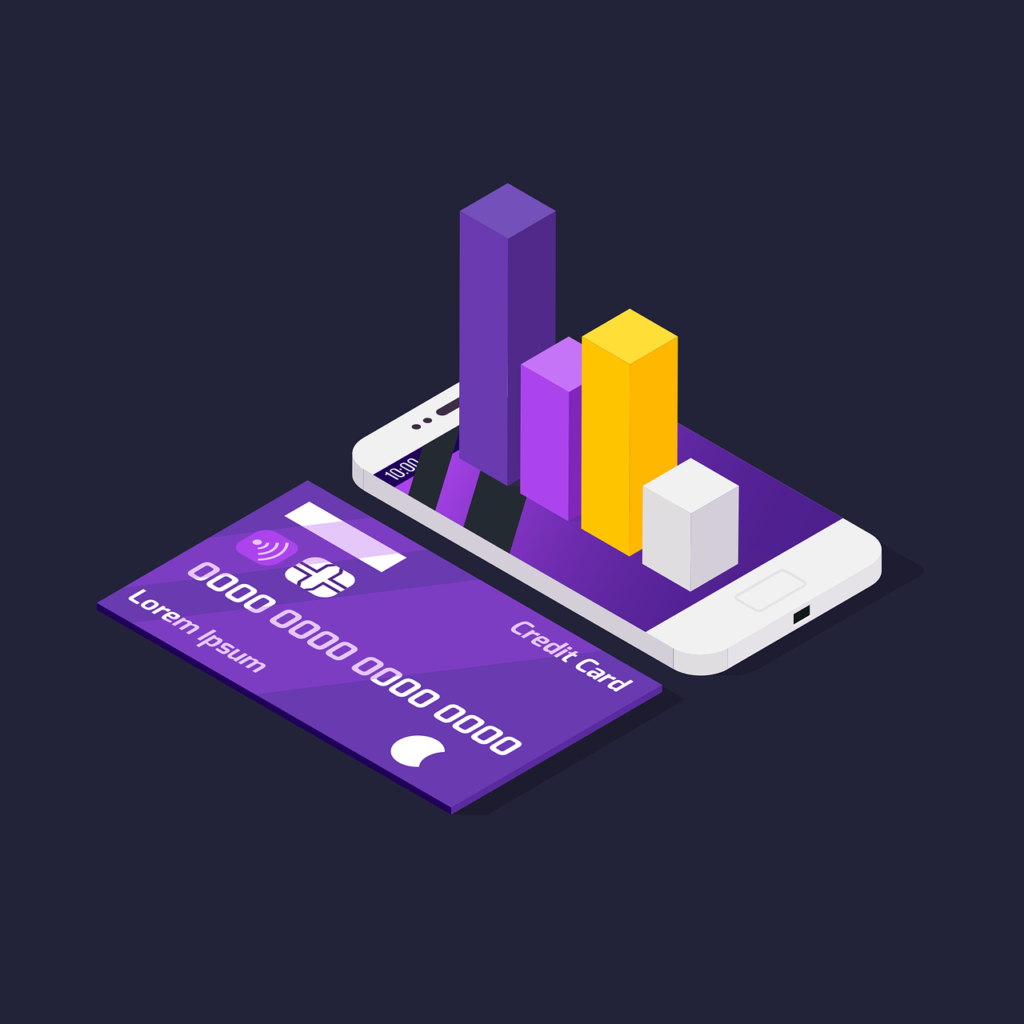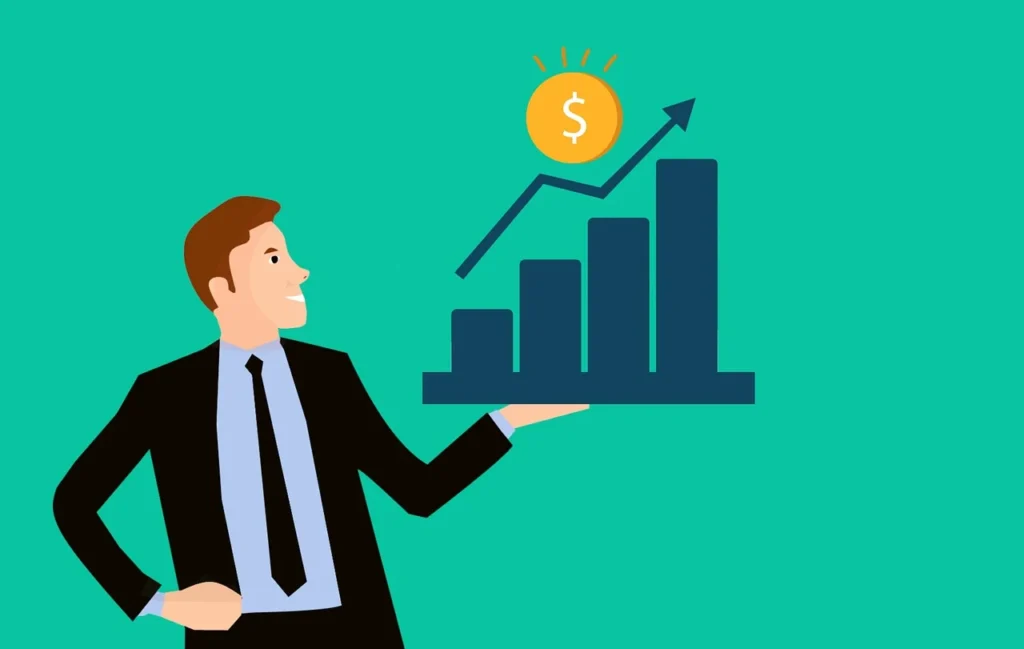Master the Art of Ecommerce Sales Funnels

The Ultimate Guide to Ecommerce Sales Funnels An ecommerce sales funnel is a strategic model that outlines the stages a customer goes through before making a purchase. These stages include Awareness, Interest, Decision, and Action, and they help businesses understand customer behavior, optimize marketing strategies, and increase conversions. By tailoring your approach to each phase […]
Do Sales Funnels Work in Driving Conversions

In today’s competitive business landscape, a well-designed sales funnel can be the game-changer you need to elevate your brand, improve customer relationships, and maximize profits. Do sales funnels work in driving conversions guides potential customers through a structured journey—from awareness to purchase—while building trust and addressing their needs at every stage. Whether you’re a small […]

